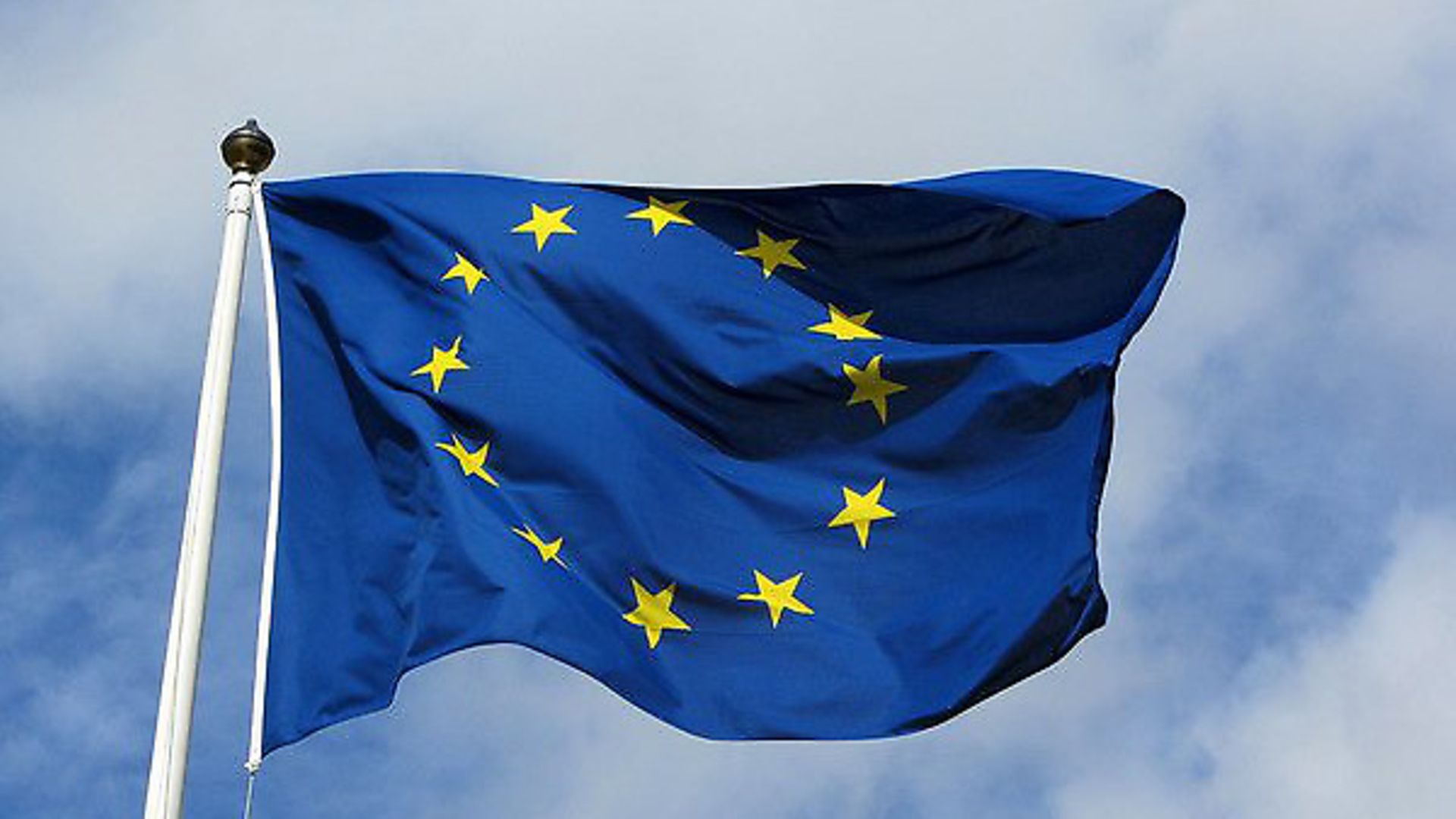
If MPs blindly follow an advisory referendum then history will pass its own judgment, says Professor A C Grayling
The government has been reminded that it is responsible to parliament, and that the outcome of the advisory referendum of June 23 has to be debated in both the House of Commons and the House of Lords.
Debating whether to trigger Article 50 of the Lisbon Treaty is the same thing as debating whether to accept the ‘advice’ of the advisory referendum: one might as well be perfectly clear about that, because a vote against triggering the article is the same as saying that the status quo ante holds – that the UK will not be seeking to leave the EU.
What will happen if parliament votes not to trigger Article 50? Answer: the pound will rise and stocks with them; businesses will breathe a huge sigh of relief; tens of millions of UK citizens here and abroad, and EU nationals in the UK, will join their sighs of relief with that gale; companies that had decided not to invest in the UK, and students who had decided to go elsewhere, will reconsider in the UK’s favour. And the world – currently thinking that the British have taken complete leave of their senses – will begin to recover its respect for us.
The key task for all those – now undoubtedly, unquestionably, in a majority in the country – who wish the UK to remain in the EU, is to help MPs vote according to their judgment about the UK’s best interests, and not in line with their fears about retaining their seats at the next election.
Some MPs dress up the last point by saying that they feel they should vote ‘according to the majority view on Leave or Remain in their constituencies’ – but they are not messengers or delegates, they are representatives, whose duty it is to represent the best interests of all their constituents and the country in which their constituents live, not just the happenstance plurality in an advisory referendum: an opinion poll, not an election, on the day.
With exquisite appropriateness a quotation from Edmund Burke has been doing the rounds on Twitter lately, on the duty of an MP: ‘Your representative owes you, not his industry only, but his judgment; and he betrays instead of serving you if he sacrifices it to your opinion.’ This absolutely hits the nail on the head. Our MPs will betray not only their own judgment that the UK is better in the EU than out of it if they vote contrary to that judgment, but they will betray their constituents and their country too.
Does it really take courage not to betray one’s own best judgment for a self-serving interest? Isn’t it obvious what each and every MP should do in a vote on Article 50? – namely, vote his or her view on the merits of EU membership, not on an ill-conceived, ill-managed, ill-informed, ill-tempered opinion poll in which 37% of the electorate, a quarter of all UK citizens – many of that 37% on the basis of ignorance about the EU and xenophobia sometimes bordering on racism – cast a protest vote.
Our MPs know this is so, and it is a matter of extraordinary surprise – and I am sorry to say, it looks like sheer dishonesty – for the government and some MPs to speak and act as if we had a 75% majority of the entire population voting Leave.
For there is absolutely no mandate for the UK to leave the EU. I have asked MPs in letters repeatedly why sections 5 and 6 of Briefing Paper 07212, provided to MPs in advance of their debate on the 2015 Referendum Bill, are being treated as if they were never written.
Leave aside the fact that the Bill itself was merely an internal party political sop thrown by David Cameron to his right-wing MPs and in the hope of spiking UKIP guns in some Tory constituencies.
But those two sections of Briefing Paper 07212 seem not to have been read, or if they were read, they seem not to have been understood; and if they were read and understood, why are they being ignored? Section 5 expressly and explicitly says that the referendum is advisory, consultative, and not binding on the government or parliament. Section 6 says that if there were any question of a referendum being binding or mandating, a simple plurality of votes would be insufficient – that is, a majority is not enough: it has to be a super-majority. Why is all this being so blatantly ignored? Why? Which MP or government minister will give an answer and a reason?
This is an immense moment in British history. MPs cannot treat it as ‘business as usual’ which means considering their own seats before anything else, or the party line alone. We have had for too long – a century or more – a parliament subjected to the coercion of party whips, which requires the great majority of MPs to serve as lobby fodder for their party line. This has corrupted the independence that MPs should manifest on questions of really great moment.
The occasional ‘free vote’ allowed them is rather condescending: all votes should be free. Parliament should be about the country, not party and certainly not individual MPs putting retention of their own seats before everything else, other than by serving their constituents and the country really well. And this means doing their homework, thinking rationally, acting in the genuine best interests of all.
Bad habits are difficult to change, so it is too much to ask that we can revert to the days of Sir Robert Walpole in the matter of independent MPs. But on this great and crucial question, we must not merely ask it, we must demand it.
The UK could and should be a leading member of one of the three great blocs in the world, wielding influence and setting an example with its EU partners on co-operation, progress, and civilised values. If it leaves the EU it will be an increasingly diminished and marginal offshore island, sucking its thumb while the great blocs make decisions in which it takes no part but by which it is helplessly affected.
That Brexit would be a disastrous mistake, a folly, a form of national suicide, is painfully obvious. The sight of MPs jostling to be unimpeachable ‘democrats’ because of the small referendum plurality, and thereby so richly betraying every principle of representative democracy on which our system of governance is based, is dismaying and profoundly upsetting. It is not too late: our MPs must be persuaded, urged, to do their Burkean duty at this crucial moment. If they do not vote according to their real judgment – and we know that a large majority in both houses favours remaining in the EU – then history will pass its own judgment, and it will be damningly and harshly severe.
Professor A C Grayling is master of New College of the Humanities








